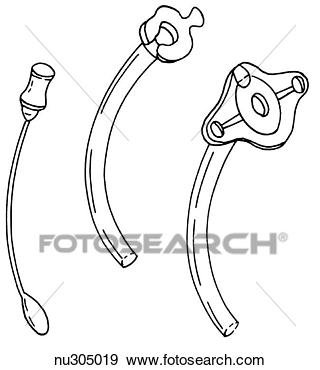- Community
-
Programs
- Schools
-
Careers
- RN Specialties
- Best RN Jobs and Salaries
- Aesthetic Nurse
- Nursing Informatics
- Nurse Case Manager
- NICU Nurse
- Forensic Nurse
- Labor and Delivery Nurse
- Psychiatric Nurse
- Pediatric Nurse
- Travel Nurse
- Telemetry Nurse
- Dermatology Nurse
- Nurse Practitioner
- Best NP Jobs and Salaries
- Family NP (FNP)
- Pediatric NP
- Neonatal NP
- Oncology NP
- Acute Care NP
- Aesthetic NP
- Women's Health NP
- Adult-Gerontology NP
- Orthopedic NP
- Emergency NP
- Psychiatric-Mental Health NP (PMHNP)
- APRN
- Nurse Educator
- Nurse Administrator
- Certified Nurse Midwife (CNM)
- Clinical Nurse Specialist (CNS)
- Certified Registered Nurse Anesthetist (CRNA)
- Resources
- Education


SunnyAndrsn
561 Posts
One of my co-workers told me she was told not to replace a trach if a pt. de-cannulates herself. Instead, we are to call 911, and in the meantime, she said, "we are supposed to place "this" (she showed me an obturator in a plastic bag) into her stoma."
HUH???? I told her that didn't seem right to me, but she said "well, management says we need to protect the airway"
I don't understand how placing an obturator into a stoma will protect it. Am I being obtuse or are my managers way off here?
At my part time job, I do homecare for a trach pt. and had to go through additional training to work with him. Never, ever we were taught to do this, it was always an emergency trach change--period.